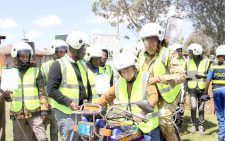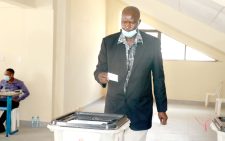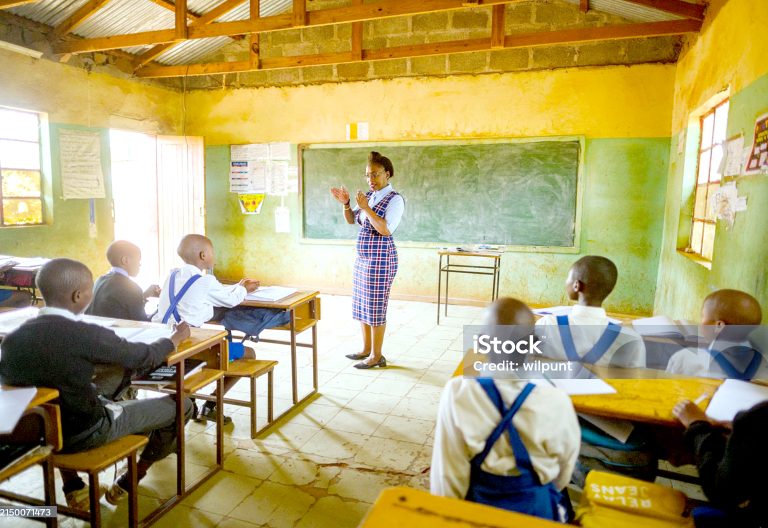Include women in fight against impact of climate change

As we mark International Women’s Day, I reflect on how climate change disproportionately affects millions of women in Africa while highlighting their crucial role as agents of environmental resilience.
Communities in sub-Saharan Africa dependent on rain-fed agriculture face severe challenges from unpredictable weather, droughts, flooding, and desertification. These impacts disrupt women’s safety nets, compromising their ability to earn stable incomes, secure food, and maintain cultural practices.
Under this year’s theme “Accelerate Action”, let’s acknowledge these women’s resilience, their daily struggles, and their determination to adapt and survive.
Women are pivotal to sustainability, biodiversity, and food security. African women contribute about 80 percent of household food production. According to the Food and Agriculture Organization’s 2023 report, women are essential to small-scale agriculture and family subsistence, contributing to half of the world’s food production. Yet they face greater challenges than men in accessing loans, securing land rights, and utilising technology to improve efficiency and productivity.
Beyond agriculture, women are the backbone of rural communities and conservation efforts. They maintain forest economies, protect wildlife, support sustainable communities, preserve biodiversity, and manage ecosystem services. Their unique perspectives and deep understanding of environmental issues are vital to their societies.
Marginalised Indigenous communities near wildlife habitats face heightened risks of resource conflicts, as seen in Kenya’s Kajiado, Narok, Laikipia, and Taita Taveta counties. Women’s adaptation to climate change is hindered by inadequate education, poverty, limited resource access, exclusion from policymaking, and various forms of marginalisation.
Despite these challenges, women demonstrate remarkable resilience and innovation through practical climate initiatives that balance environmental protection with economic development. They lead conservation efforts continent-wide through agroforestry, clean cooking projects, farm-based microenterprises, climate advocacy, eco-friendly businesses, and water conservation. They’re also at the forefront of anti-poaching efforts.
When empowered, women drive sustainable practices benefiting both communities and the environment.
We must harness women’s strength by empowering them in climate adaptation, disaster management, and green energy development. Access to financial resources, asset ownership, and meaningful decision-making opportunities creates transformative impacts across sectors.
Governments, private sector entities, and NGOs must collaborate with women’s groups to establish comprehensive climate resilience policies. Supporting climate-smart agriculture enhances food security and strengthens women farmers’ livelihoods. Targeted funding, training, and mentorship for women-led environmental organizations amplifies their impact.
The Kasigau Corridor REDD+ Project in Taita Taveta County exemplifies how climate action and women’s empowerment work together. Thousands of women previously engaged in unsustainable practices like charcoal burning have embraced climate-smart agriculture and eco-friendly businesses including basket weaving, garment-making, and fuel-efficient cookstove production. The eco-factory alone has created jobs for over 400 women, helping break cycles of poverty.
By amplifying women’s voices and recognising their knowledge, we create more holistic solutions promoting resilience and sustainability in the face of climate change. Equipping women with knowledge and skills in early warning systems and emergency preparedness for climate-related disasters enhances their resilience. When they lead these initiatives, they contribute significantly to sustainable practices and safeguarding natural resources for future generations.
Women’s adaptation to climate change demonstrates that they are not merely victims but powerful agents of change who, with proper support, can lead effective climate action and community resilience efforts across Africa and beyond.
— The writer is the Climate Policy Director at Africa Wildlife Works















